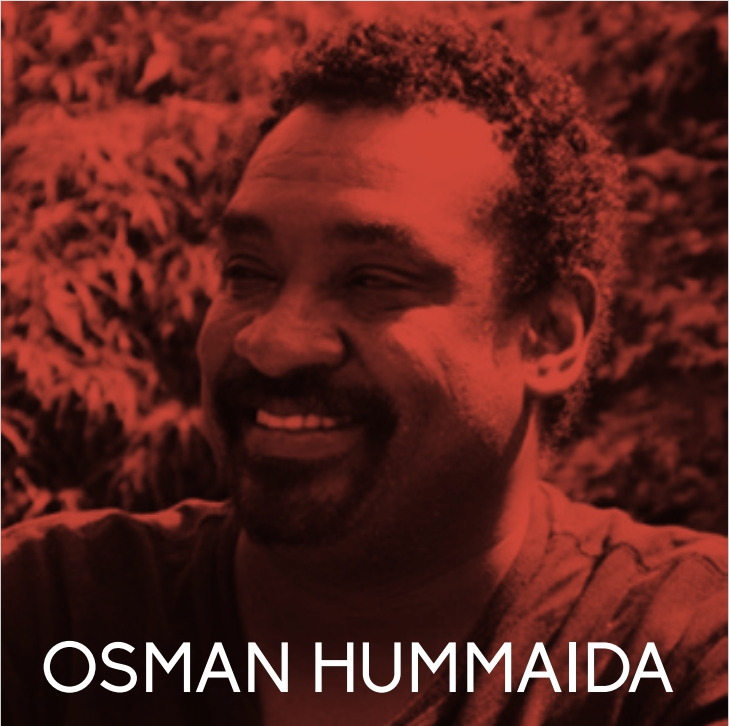Human Rights Council: 26th Session
Panel Discussion on the Safety of Journalists
Oral Intervention
East and Horn of Africa Human Rights Defenders Project (EHAHRDP)
Delivered by Mr. John Foley
Thank you Mr. President,
The East and Horn of Africa Human Rights Defenders Project welcomes this panel discussion on the safety of journalists, and would like to take this opportunity to highlight some of our specific concerns regarding the safety of journalists arising in our sub-region.
Mr. President, journalists, bloggers, and other independent media voices play an essential role in the defense of human rights, through exposing human rights violations and holding perpetrators to account publicly. More prosaically, but no less importantly, they articulate national level human rights concerns and frame areas of public debate. As a result of their work, journalists from across the east and horn of Africa region are routinely subject to violations of their most basic and fundamental rights, from both state and non state actors including arrest, harassment, intimidation, murder, surveillance, and enforced disappearance. With regret, the scale of this problem is worsening in our sub region.
Mr. President, less than two months ago, in Ethiopia, on 25 and 26 April, six members of the blogging collective ‘Zone Nine’ and three other journalists were arrested by police in Addis Ababa and remain detained to this day. Their detention has prompted an international outcry, including from the outgoing UN High Commissioner for Human Rights who publicly voiced her deep concern at “this recent wave of arrests and the increasing climate of intimidation against journalists and bloggers prevailing in Ethiopia”.
In Burundi, a controversial new law regulating the media, which came into force in June 2013, was challenged in Burundi’s Constitutional Court in January 2014. Certain provisions of the law, including those that imposed heavy fines on journalists were struck down. However, the law continues to contain several highly concerning provisions, including restrictions on investigative journalism and requirements for journalists to reveal their sources in an overly broad range of circumstances.
The government of Sudan has imposed a spate of restrictions on independent print media to control publication of information in Sudan. Journalists are routinely subject to arrest, incommunicado detention, and torture. In South Sudan, prior to and since the outbreak of conflict in December 2013, journalists continue to face escalating threats from state security forces, including harassment, intimidation, pre-publication censorship, and in at least one case, murder.
Mr. President, these are but a few example to illustrate the scale of the risks facing journalists in our sub-region. My organisation welcomes this discussion as a continuation of the narrative begun via the 2012 United Nations Plan of Action on the Safety of Journalists and the Issue of Impunity, and the 2013 General Assembly Resolution on the safety of journalists and the issue of impunity. We would highlight again, that the journalists have historically had a central role to play in the human rights struggle globally, and that effective mechanisms for their protection, and also mechanisms to bring perpetrators of attacks against journalists to account, is vitally necessary.
I thank you.

